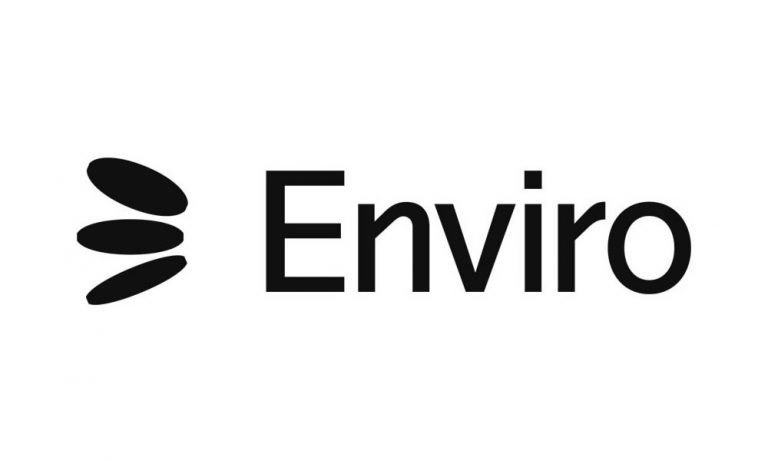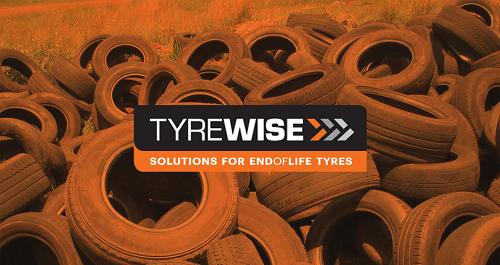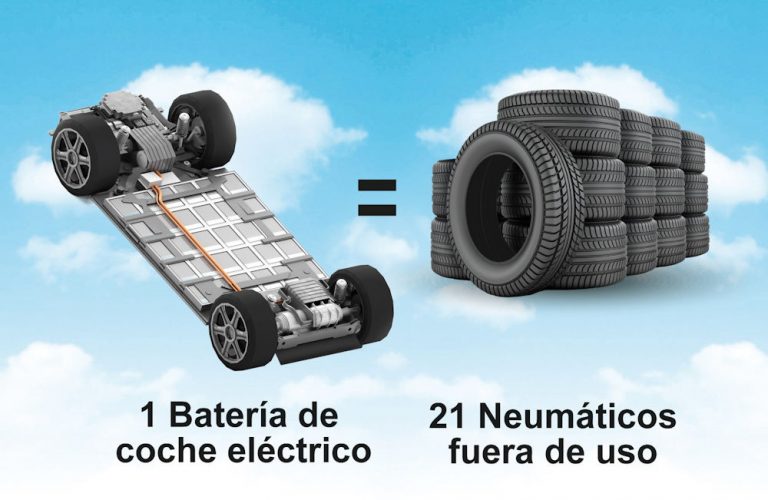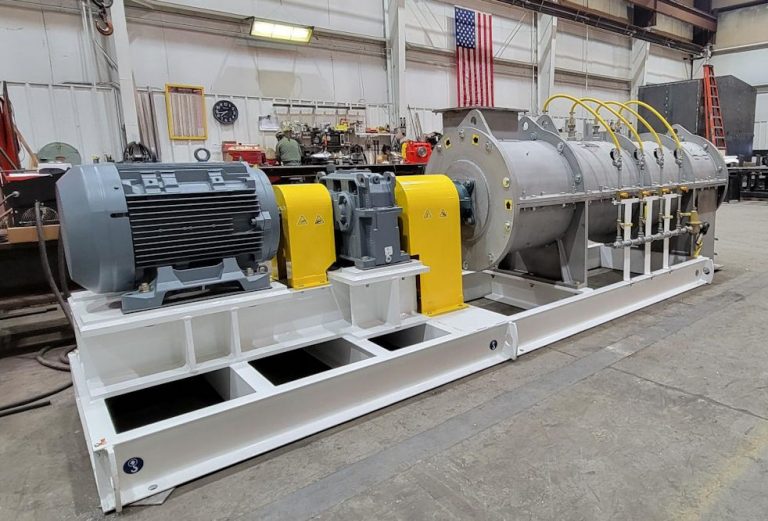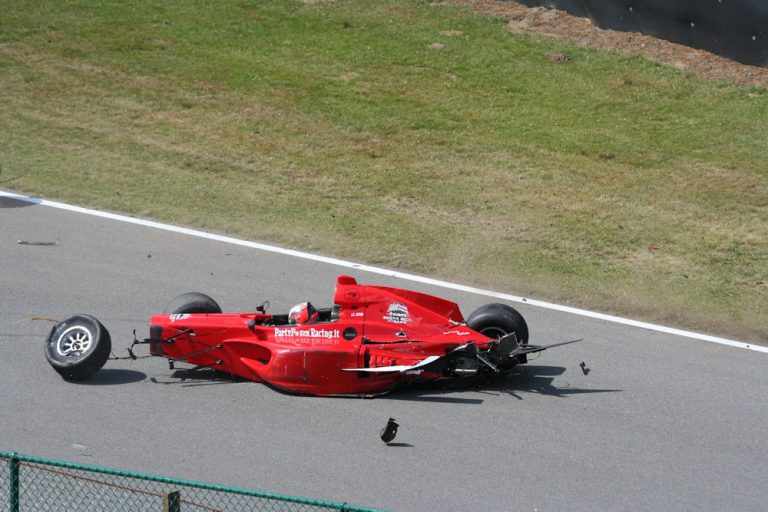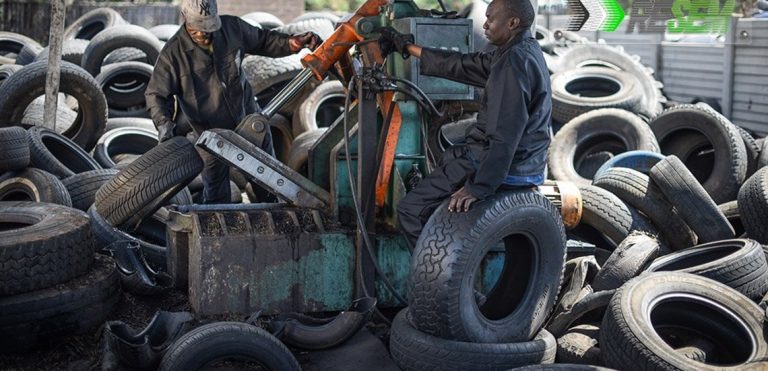The TRA claims that the UK is set to be environmental sick man of Europe if British politicians don’t act
As the ongoing challenges to UK recycling continue with the government all but ignoring the issue, the TRA claims that Britain will be the environmental sick man of Europe if government doesn’t not act soon to update waste regulations. Revealing the correspondence underway with the Secretary of State for the Environment and his department, the TRA makes public the issues the UK government are failing to engage with.
At the end of February, European Union legislators passed the first steps to tightening export of waste materials from its members. End-of-life waste tyres were one of the items specifically referenced in the EU’s updated Waste Shipment Regulation. Under the updated EU regulation, waste cannot be sent to non-OECD countries unless the country concerned is willing to import it and can demonstrate the environmentally sound management of waste through auditing by independent bodies and monitoring by the European Commission. The legislation will leave Britain with the unenviable reputation as the only major European nation legally able to export baled end-of-life tyres to countries like India. (Though the legality of sending whole tyres that end up in pyrolysis is open to question – it is prohibited in the Indian regulations).
Figures recently released by India’s Automotive Tyre Manufacturers’ Association (ATMA) showed that India imported around 800,000 tonnes of scrapped tyres between April and November 2023. The UK and European Union member nations were the majority contributors. In updating its regulations, the EU recognises that safe and efficient shipments of waste are key for a circular economy.
The TRA and other professional recyclers fear that with waste exports to common destination in Asia banned, irresponsible British operators and exporters are the likely receptacles for those negligent European operators looking to dump their product abroad.
At the end of February, the TRA wrote to the DEFRA minister responsible for waste, Robbie Moore MP, asking him to push officials into action saying, “[As the Minister responsible] ensure we do the right and best thing – respond to the Indian calls to only export shredded tyres, grow our own circular environmentally responsible market and follow the very successful Australian example”. Australia banned the export of most whole ELTs in 2020.
The TRA’s February letter went on, “To be blunt now is time the UK government acknowledged that far from tackling this environmental assault, current policies enable some UK operators to facilitate serious environmental harm …
“It is embarrassing for us as an industry to know such malpractice takes place, it must be humiliating for those leading British policy making to know how far the reality has drifted from their rhetoric. It is hard to find the green, environmental or circular in the current UK waste tyre policy framework, yet the solutions are clear and simple.”
Peter Taylor OBE, Secretary General of the TRA, said; “Without the necessary policy update Britain will shortly be the environmental sick man of Europe, home to unscrupulous operators taking malign advantage of the European Union’s tighter rules. Britain is set to be the only European nation exporting environmental waste beyond its shores without proper scrutiny or oversight.
“Ministers have been sitting on their hands for too long, this must stop. The steps are simple and inexpensive. Four years ago [sic] this was acknowledged with the commitment to end the T8 exemption, yet still we wait for that legislation. Now we see the European Union taking decisive action and, rather than recognising the benefits from aligning with that regulatory approach, our government refuses to engage. Are they really happy to sit back and watch our environmental responsibilities shipped to the other side of the world without comparable oversights?
“Currently the UK has at least 150,000 tonnes of licensed idle domestic recycling capacity of its own, but the business case for maintaining this is being undermined by political lethargy. If the government acted, we could be at the front of the environmental pack – building the circular economy we all want to see. But if the government does not act, we will see a decline in standards. The malady of inertia is settling in and leading us down a path to being the environmental sick man of Europe.”
Comment: Ex-Minister for Armed Forces, James Heappey has been quoted as saying that the UK must prepare for war. In the event of conflict, we will need an industry to recycle rubber. Perhaps, domestic tyre recycling should be a priority in the future.
a



















